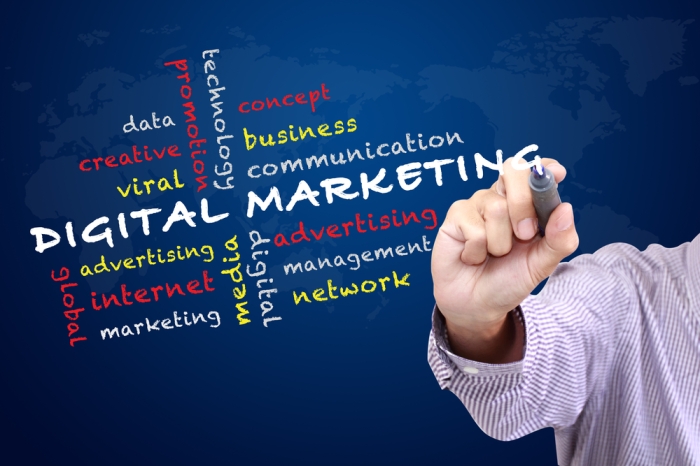Being a digital marketing consultant, or any type of consultant for that matter, is exciting. Working for yourself offers you a lot of freedom. If you’re good … or lucky … you can make more money than you used to make working for someone else. And you can control everything from the types of clients you work with to the hours you decide to spend with them.
But it also presents some different challenges, too. There’s plenty of stress, particularly when you’re first starting out, have no capital and if one client misses a payment you’ll have to sell plasma to make the mortgage. It’s not the same kind of stress you had when you were working for someone else, but it’s there.
You also go through the process of learning your strengths, weaknesses and, most importantly, your limitations. Biting off too much can be disastrous. There’s no sick feeling like the one you get when more than one of your clients are mad at you. But not biting off enough can also be disastrous. You’re back to the plasma thing again.
I’ve had two unfortunate experiences in my now year-and-a-half of experiencing, “life on my own.” One was a shortcoming of a client. The other was, at least I think, a shortcoming of mine. Neither were fun to experience, but both were necessary to help me learn my limitations.
About halfway through year one of Social Media Explorer (the business, not just the blog), I signed a neat client. They engaged me for a fair amount of work and I was able to budget 4-5 months out with them and another couple of accounts so that I could take some time to work on a bootstrapped side project after their busy beginning months were complete. But three months in, the client stopped paying. And by the time I reached my “time off” to focus on my project, the deficit caused by the client’s unwillingness to pay nearly bankrupted me.
But I recovered and let the legal system tend to the issue. I hated that the relationship had to go south, but I don’t work for free and when your lack of concern over your bills affects my children’s ability to eat or live in our home, I don’t have a lot of sympathy for you. I learned the value of contracts, due diligence on accounts receivable, my accountant and a good attorney.
More recently, I came to the end of a year-long engagement with another client and gave them an assessment and recommendation of where we should go next. After getting the go-ahead to submit another contract proposal, they abruptly ended our partnership without much explanation. While we went through some odd challenges together, ones neither of us could have prevented or predicted, and were behind schedule on what we’d set out to accomplish, I can only assume they weren’t happy with my ability to help them.
In retrospect, I keep thinking I could have done more, focused more time or attention to prevent it from turning out the way it did. But you learn to take the client’s wishes and move on.
Dealing with the bad news in client work is never anyone’s favorite thing to do. I’ve always tried to be confident and proud, but understanding and service-oriented when the fit hits the shan, as it were. Do I have shortcomings and limitations? Absolutely. Am I generally pretty effective and well-received by my clients? I sure think so.
At the end of the day you learn more from experiencing the bad than you do from the good. I’m a better person, professional and consultant because I’ve had to fire and sue a client, and because I perhaps didn’t do enough for another. But it doesn’t take away the sting and self-doubt.
How do you handle the bad in your job? Is there a better way to cope and deal than wallow in self-doubt until you smack yourself and have an internal locker room tirade with your confidence? I’m all ears. The comments are yours.






